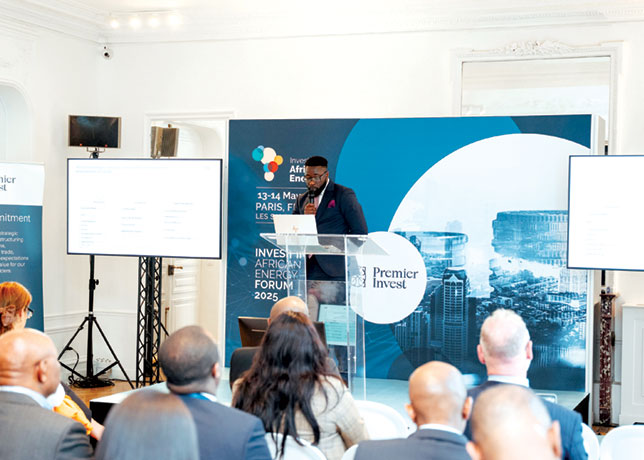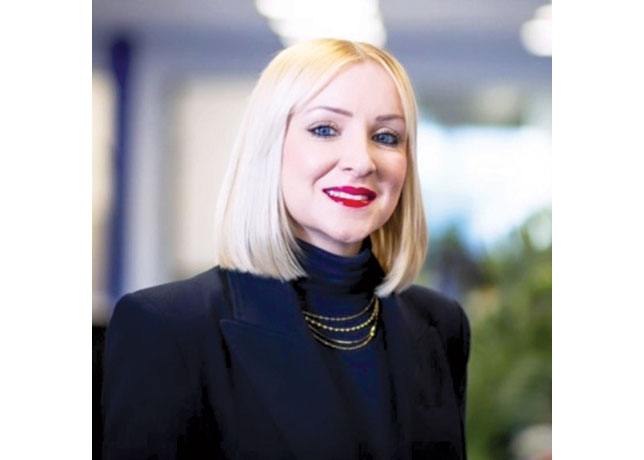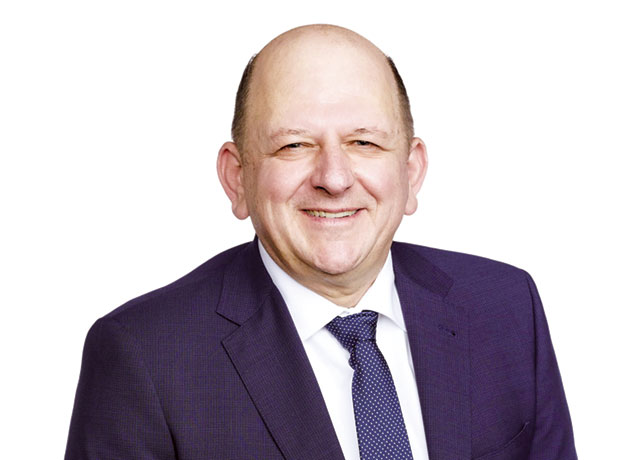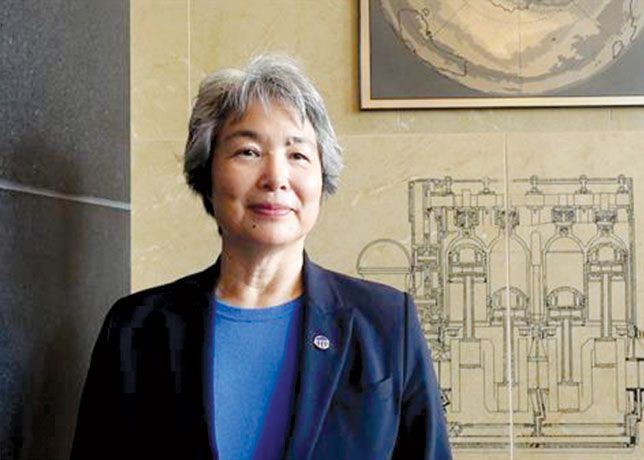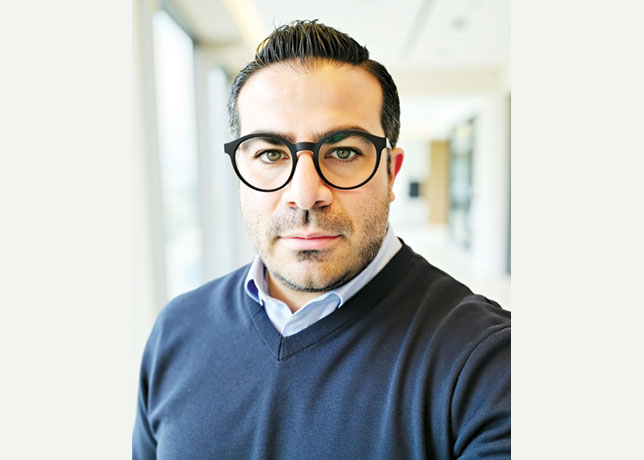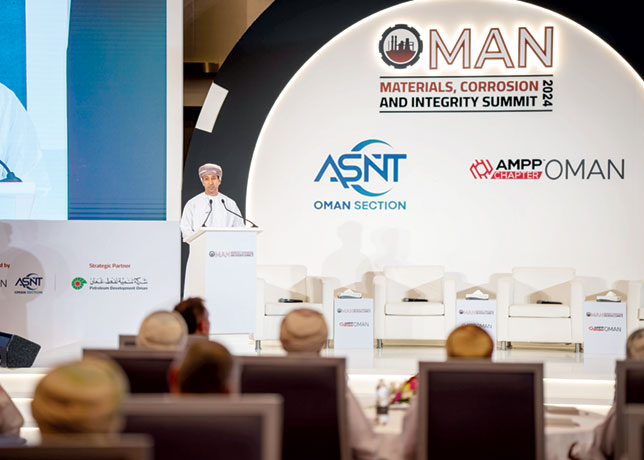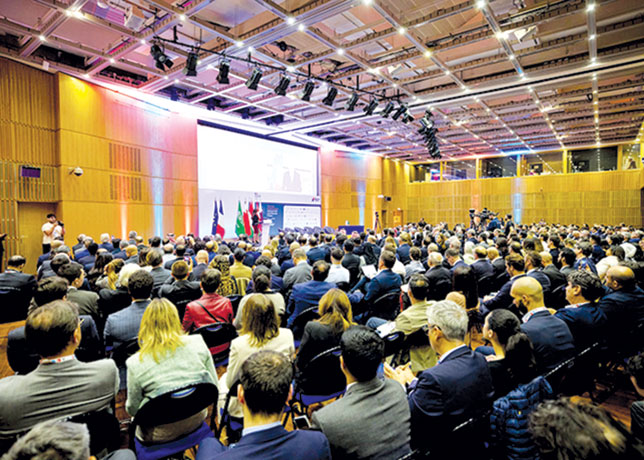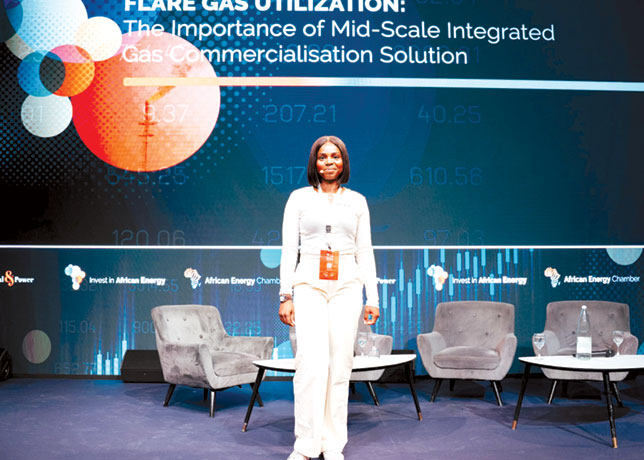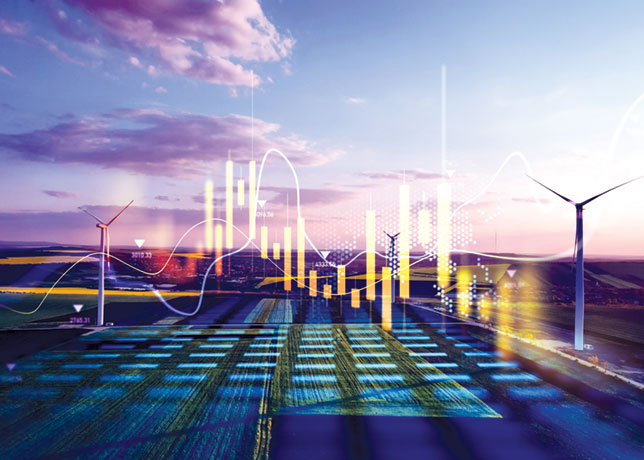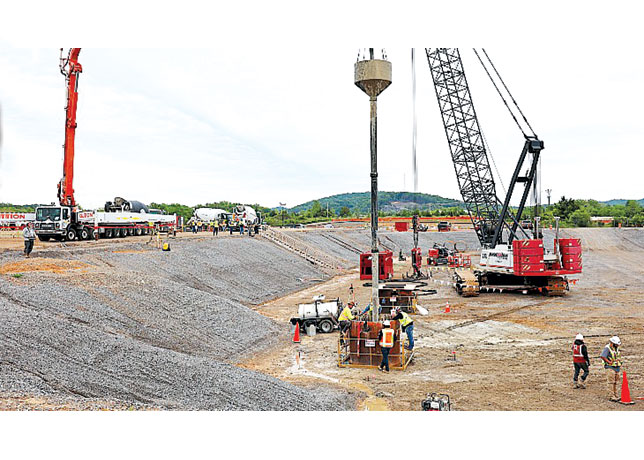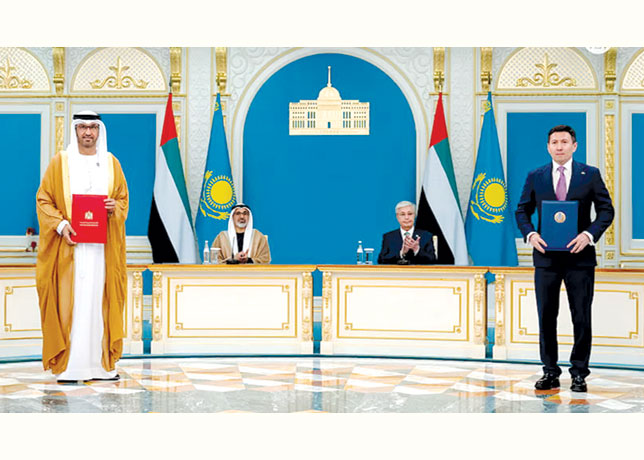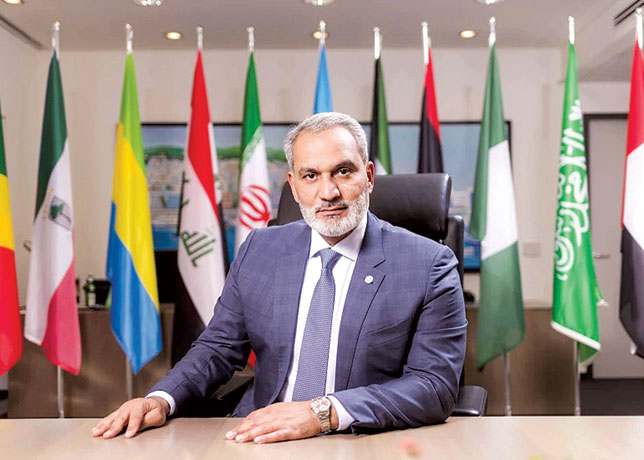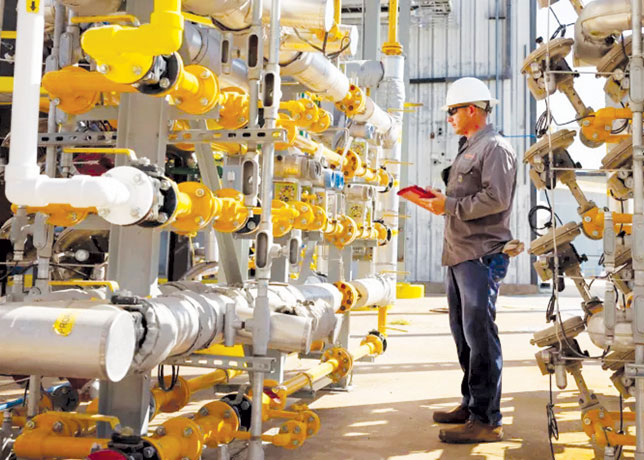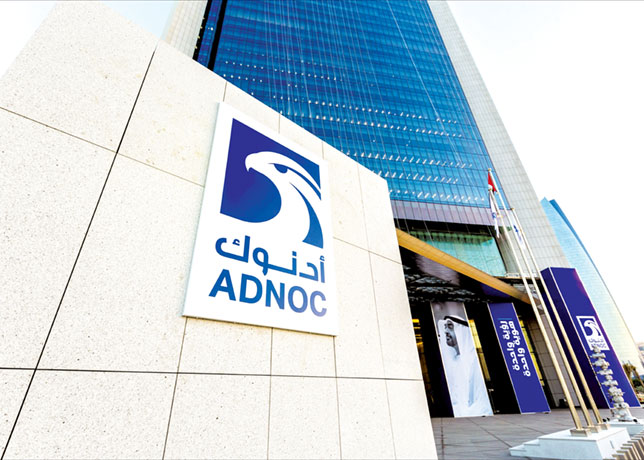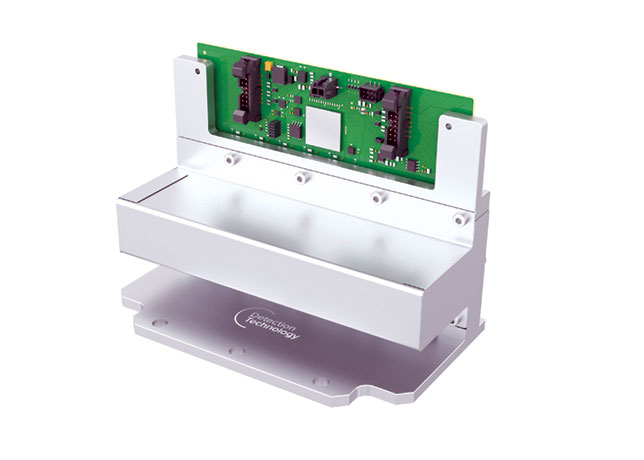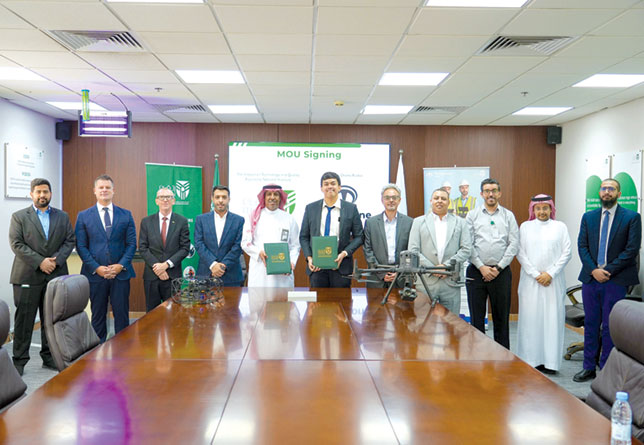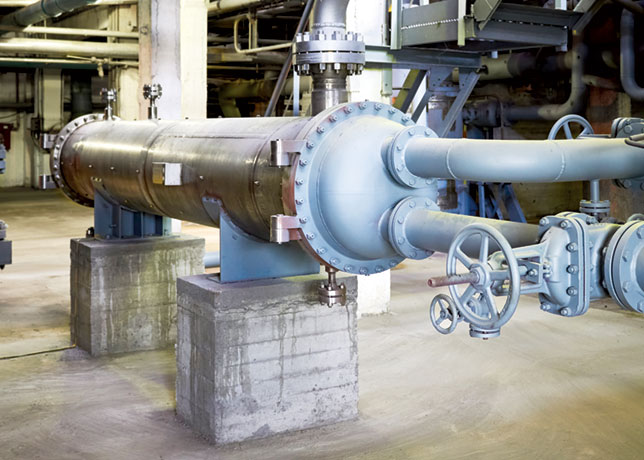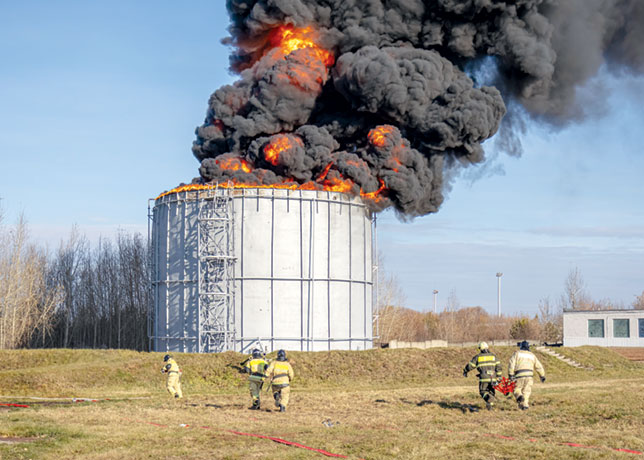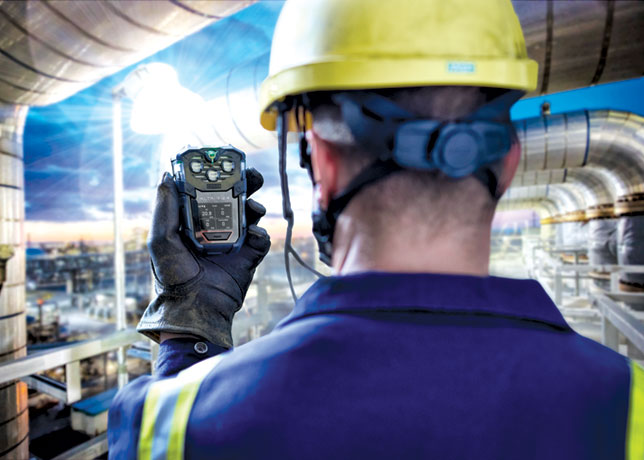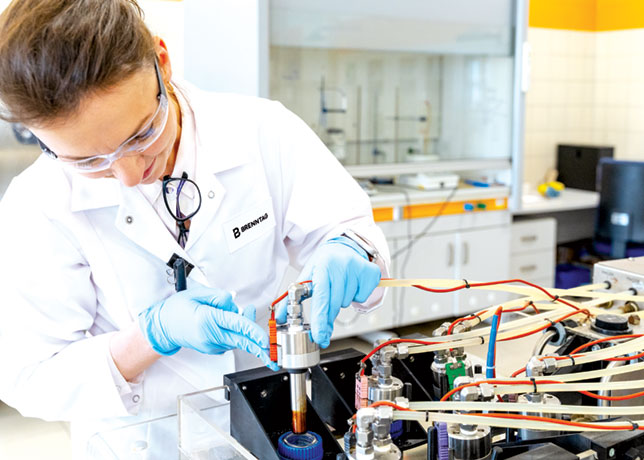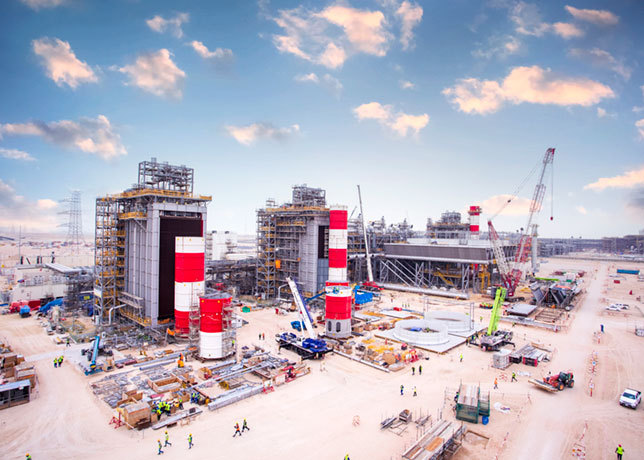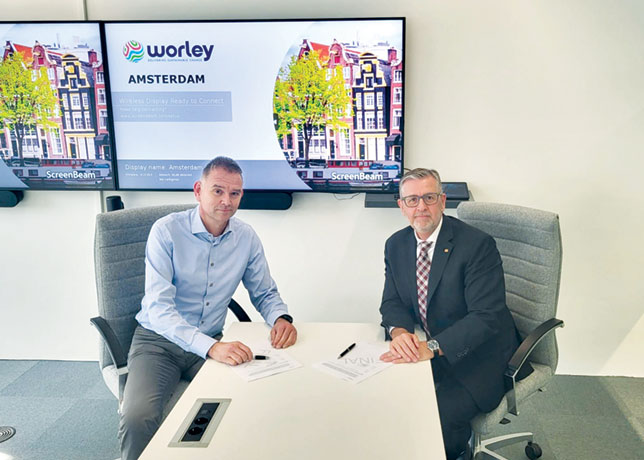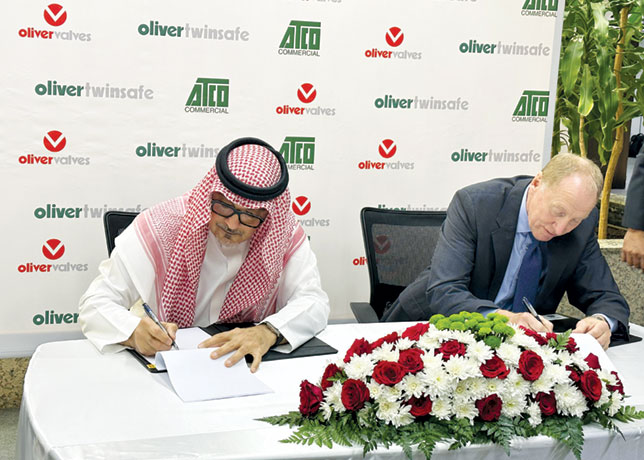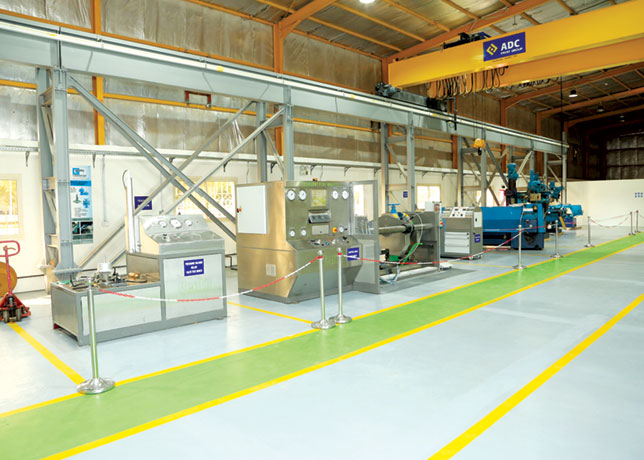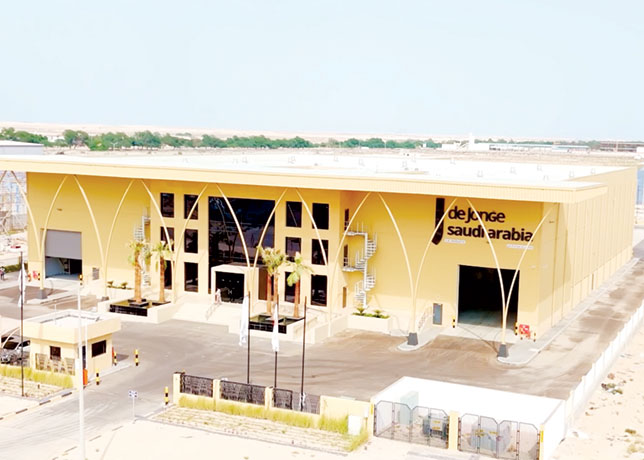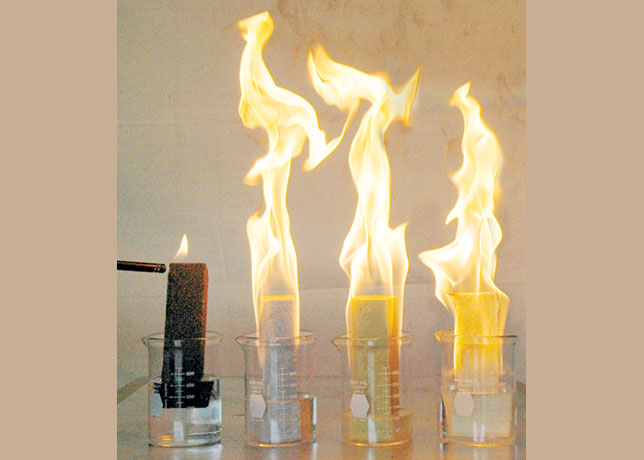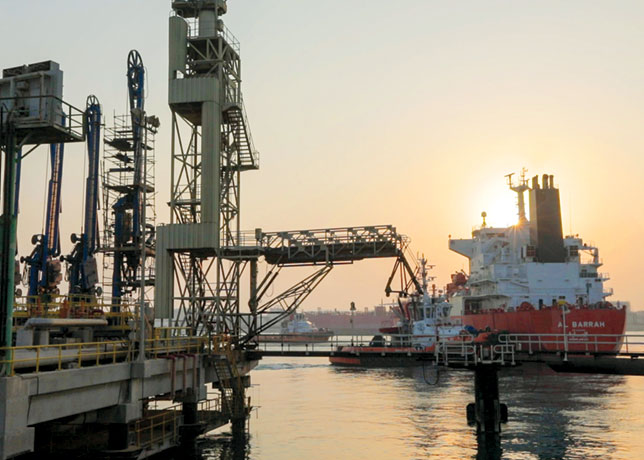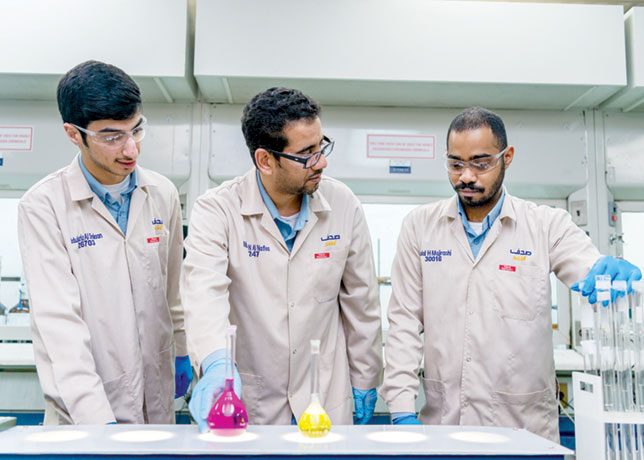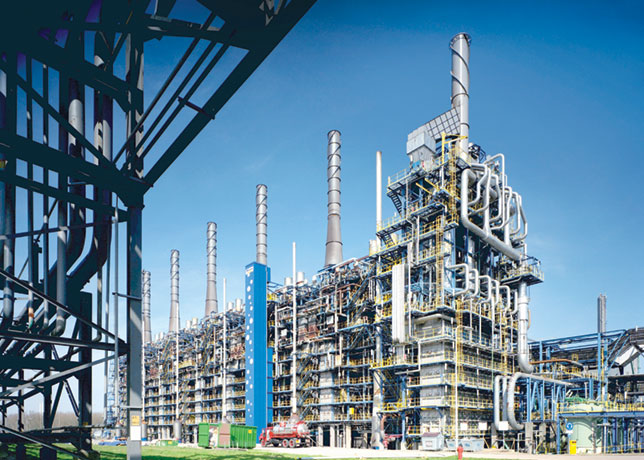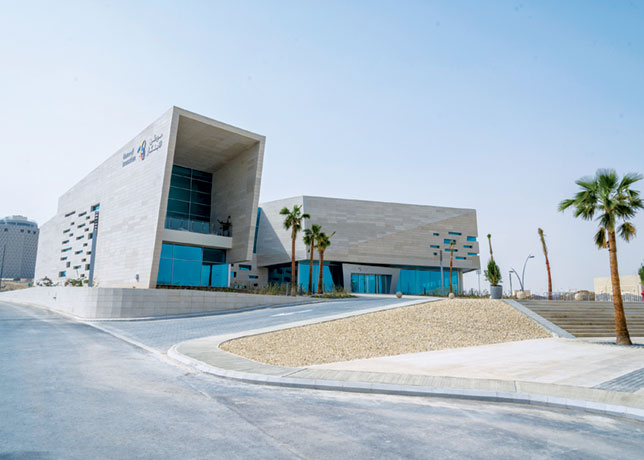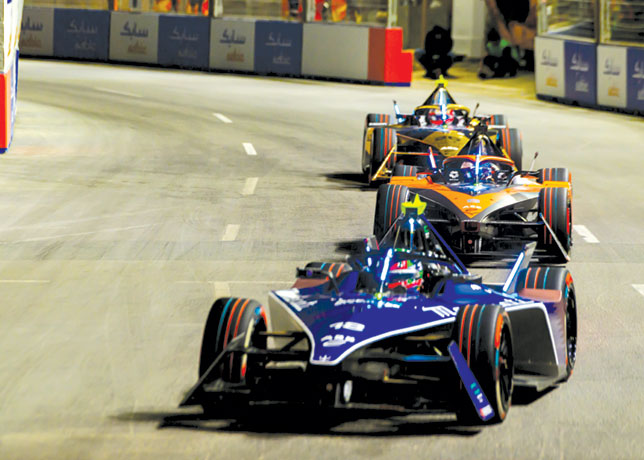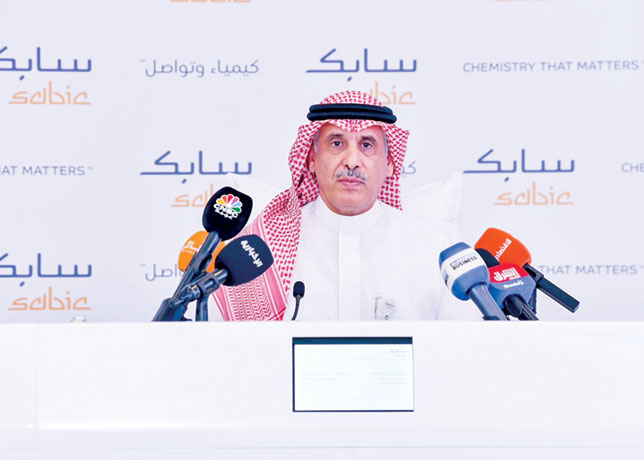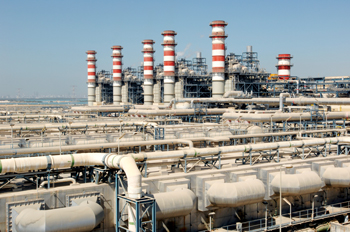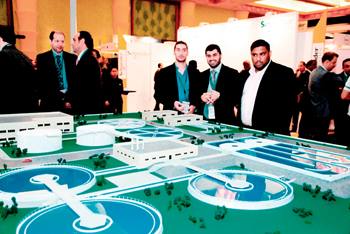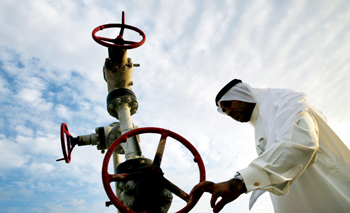
 The GCC power sector needs to focus on new trends in technology
The GCC power sector needs to focus on new trends in technology
THE GCC Power Grid will help member countries save up to $5 billion from investments in the electricity sector and $1.8 billion from fuel costs, the former Minister of State for Electricity and Water Affairs in Bahrain Dr Abdul-Hussain bin Ali Mirza said recently.
In a statement on the sidelines of the opening ceremony of GCC Power 2014, the Minister welcomed the kingdom’s hosting of such distinctive scientific conference devoted to discussing power issues, and ways to develop work in GCC energy ministries to cope with the progress boom currently witnessed by the GCC region, and keep abreast of their rapidly-growing economy.
Furthering his comment an expert said that a common energy market for the GCC that is planned to be fully operational within five years will save member states tens of millions of dinars.
GCC Interconnection Authority (GCCIA) board of directors chairman Dr Matar Neyadi said that an estimated $180 million (BD68 million) would be saved ever year in operational costs alone once the market was fully functional.
Speaking on the sidelines of the GCC Power 2014 conference, held in Bahrain, he says: “The GCCIA is considered one of the leading strategic projects in the region.” “Its focus now is on increasing economic benefits to member states by establishing a GCC-wide electricity market that will allow them to make the best use of energy sources and conserving fossil fuels.
“We are hoping to launch a GCC market for power trading soon, and have appointed a team of experts to deal with this project during the next year,” Dr Neyadi adds.
Meanwhile, Dr Mirza said that the nascent GCC-wide power grid was helping to cut down on the kind of blackouts that were once regular in Bahrain. “We established the GCCIA, also known as the GCC power grid, in July 2009 and 1,100 incidents of electricity cuts have since been avoided across the six member nations, because of the availability of this network,” he says.
“The power disruptions were due to various reasons including large loss of bulk generation and the GCCIA has played its vital role in absorbing the impact of all these disturbances.”
The next stage is trading of power – if one of the GCC countries has surplus power, it can sell it to another country which is in need. “This saves power going to waste and at the same time generates revenue.” Sometimes one country might face a major shut down for maintenance or they might need power while planning to increase their capacity – in such instances the trading of power could be of great help.”
Dr Mirza said that eventually, the plan was for this trade network to be linked to the international energy market. “The idea is to have this power market connected to the Arabian network and then eventually with the European, which could be a few years from now,” he said. “Europe has surplus power capacity in the summer but needs it in winter for heating, while it is the reverse in the GCC where we don’t need much during winter.
“There could be an exchange policy in place once the market is established and this trade will be beneficial to all the six GCC states and the total capacity of the bloc will be fully utilised.”
GCC ELECTRICITY MARKET WITH ARAB’S
The three-day GCC Power conference and exhibition, organised by the GCC Regional Committee for Electric Systems and attended by more than 350 experts concluded its activities, recommending to emerge GCC electricity market with the Arab’s in order to create larger scale that eventually extends to an international market. Moreover, the integration of the nation electricity market through coordinated development of natural gas and electrical interconnections yields economic benefits for all Arab countries, and in particular to the GCC countries.
This event which was organised by GCC regional committee for large electric systems (GCC CIGRE) and hosted by Bahrain Electricity and Water Authority (EWA), recommended to carry out monitoring of EHV cables utilising the latest assessment techniques which helps proactively schedule any needed repairs before system fault happens.
GCC Power 2014 Declaration mentioned that the increased number of power outages emphasises the need for new dynamic security assessment system with possible integration with the existing Scada/EMS systems.
The attendees called upon enhancing the exiting high sophisticated central pollution station by integrating the pollution data from GCC local stations, this station would help to design the insulation levels for outdoor applications.
GCC Power 2014 declaration confirmed that advancement in system operations philosophies comes not only from new trends in technologies such as WAMS, but also by thinking out of the box and utilising the current assets and enhancing practice to produce the most the most optimal solutions, at lower costs and most effective performance. Thus, it is recommended to utilise advancement in system operations philosophies coming from new trends in technologies. Such experiences with different technologies should be captured and presented as case studies that are exchanged periodically between GCC utilities for mutual benefits.
GCC Power 2014 recommendations asserted on establishment of a reliable communication system to play a vital role in the management of power transmission and distribution networks. Smart applications can be achieved with modern reliable design of communication networks.
Engineer Kamel Al Shehabi, head of local organising committee and board member of GCC CIGRE said that GCC Power conference and exhibition was a great success. Thanks to Bahrain excellent hosting and hospitality, GCC Power 2014 is now considered one of the best power conventions held in the region.
Al Shehabi added that all attendees praised the scientific papers and case studies discussed during the three-day event, taking into consideration variation and focusing on vital subjects that tackles the power sector ongoing and future matters in the gulf region, and how to sustain the growth of this significant sector.
Al Shehabi confirmed that GCC Power 2014 recommendations will be delivered to all attendees and GCC electricity authorities to be implemented depending on the needs and requirements of each country.
“The recommendations have focused on the importance of adapting risk assessment techniques in designing asset maintenance system in order to reduce cost, improve system response and enhance asset lifetime. In addition to reducing diesel consumption and the cost related to the transportation of fuel through the use of hybrid generation integrated with renewable resources to feed the isolated loads,” concluded Al-Shehabi.
The third day sessions of GCC Power conference and exhibition 2014 discussed dynamic shunt compensation for power utility applications, reliability and maintainability of GCC interconnection HVDC Link, Features of developing the first underground substation in the Middle East, and inrush currents and their influence on the transformer differential relay.
The last session tackled switchgear and HV equipment, network requirements on switching capability of GIS, and vintage breaker replacement at oil and gas facilities.
NEW GCC JOINT ENERGY PROJECTS PLANNED
Meanwhile, according to GCCIA chief operating officer Ahmed Al Ebrahim, Bahrain could partner with other GCC countries to build power plants abroad, which will feed energy back into the power grid. A shared GCC power grid has been active for five years and until now has primarily been used to guarantee consistent energy supplies for all member countries – with any country facing power disruptions or shortages able to tap into the grid to meet its excess energy needs, says a report.
Al Ebrahim reveals there had been more than 1,100 such incidents in the past five years. However, he says new joint energy projects were currently being discussed that could result in the construction of new plants that would support increased power demand. “Bahrain is moving more toward renewable energy, but we have limitations that the GCC link can relieve,” he says.
“For example, solar power takes a massive area to set up stations with high enough capacity to be feasible,” he adds. Ideas for joint projects are already being discussed. Bahrain, instead of using its limited land, can team up with Saudi Arabia and create a massive solar field (in Saudi Arabia) and through the link can power Bahrain directly from there.
“The same goes for other renewable energies like wind power. No date has been set as of yet for a joint project, but I can see it happening in the foreseeable future. The link is really going to open and pave the way for feasible renewable energy,” Al Ebrahim adds. Al Ebrahim said the shared GCC power grid had been instrumental in preventing power cuts across the Gulf.
“The link has been functional for five years and in this time there have been over 1,100 incidents of power faults,” he says. “In one case it was the loss of a 3,000 megawatt facility, which is about what Bahrain produces, but it wasn’t Bahrain and even though it happened there were no power cuts. The link has really put an end to ‘brown outs’ or blackouts. For example, if the power station in Bahrain for some reason shut down we should not even see the lights flicker in any room in the country as the link draws electricity from its neighbours,” he says.


